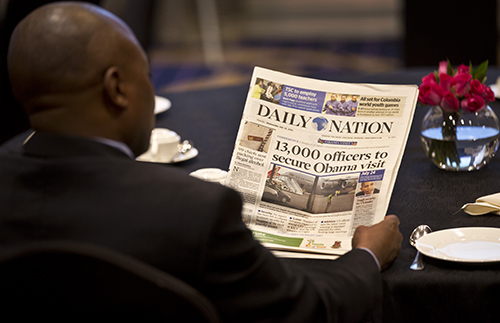
Gado blames government pressure as cartoonist’s contract at Kenya’s Nation ends
For 23 years Godfrey Mwampembwa has been a prominent and quick-witted observer of the political scene in East Africa. But all that changed last month when the cartoonist, known as Gado, was told his contract at Kenya’s biggest newspapers, the Nation, would not be renewed.
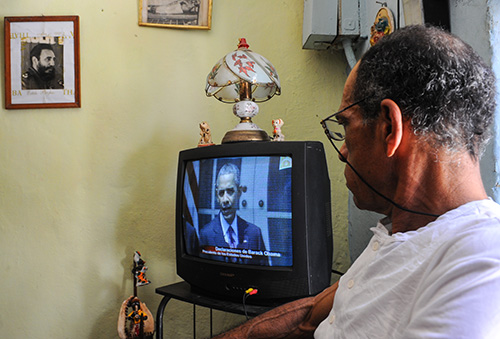
As US-Cuba relations thaw, what’s next for the island’s independent press?
“Our hope is that President Obama will meet journalists working for the alternative media, not just to cover his visit, but to start a dialogue,” said Elaine Díaz Rodríguez, director of Periodismo de Barrio (Neighborhood Journalism) a website focusing on climate change and the impact of natural disasters on local communities. Díaz, who last year…

Read and delete: How Weibo’s censors tackle dissent and free speech
The Chinese microblogging site Weibo has a huge following, with around 100 million users posting every day. For those living in China, one of CPJ’s 10 most censored countries, the social network offers the chance to discuss and share news that is often blocked in mainstream outlets.
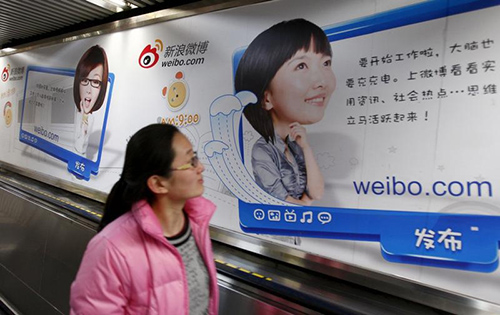
The business of censorship: Documents show how Weibo filters sensitive news in China
When journalists at the Guangdong-based Southern Weekly found that their 2013 new year editorial had been changed, without their knowledge, to exalt the virtues of the Communist Party, they took their outrage to the Chinese microblogging site Weibo.
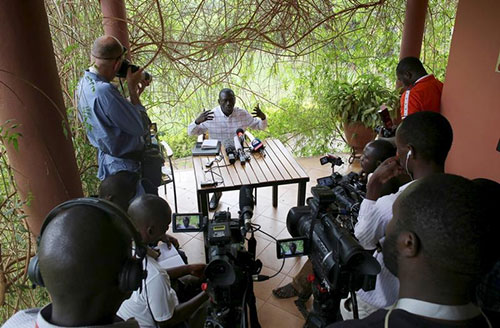
After disputed Uganda election, journalists fear prolonged crackdown
Twenty nine-year-old photographer Abubaker Lubowa was excited when he was assigned to cover the campaign of opposition leader Kizza Besigye. He told CPJ he did not anticipate that the assignment would mean he would make the news almost as often as he covered it.
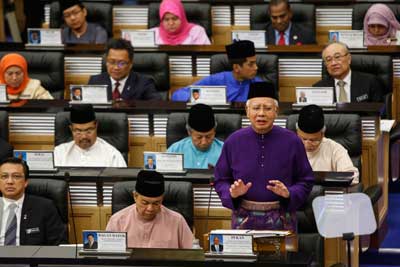
Amid financial scandal, Malaysia increases pressure on media
A financial scandal involving a state investment fund created and overseen by Malaysian Prime Minister Najib Razak, exposed in turns by investigative journalists, has put a parallel spotlight on the country’s deteriorating press freedom situation. A suggestion by the government’s top lawyer to strengthen the 1972 Official Secrets Act to penalize journalists who decline to…
CPJ condemns Equatorial Guinea’s decision to ban state media coverage of Gbagbo trial
New York, February 2, 2016–The Committee to Protect Journalists strongly condemns the decision of the government in Equatorial Guinea to ban state television from covering the trial of former Ivory Coast leader Laurent Gbagbo, which opened at the International Criminal Court (ICC) in The Hague on January 28. “We’ve been forbidden from airing Laurent Gbagbo’s…